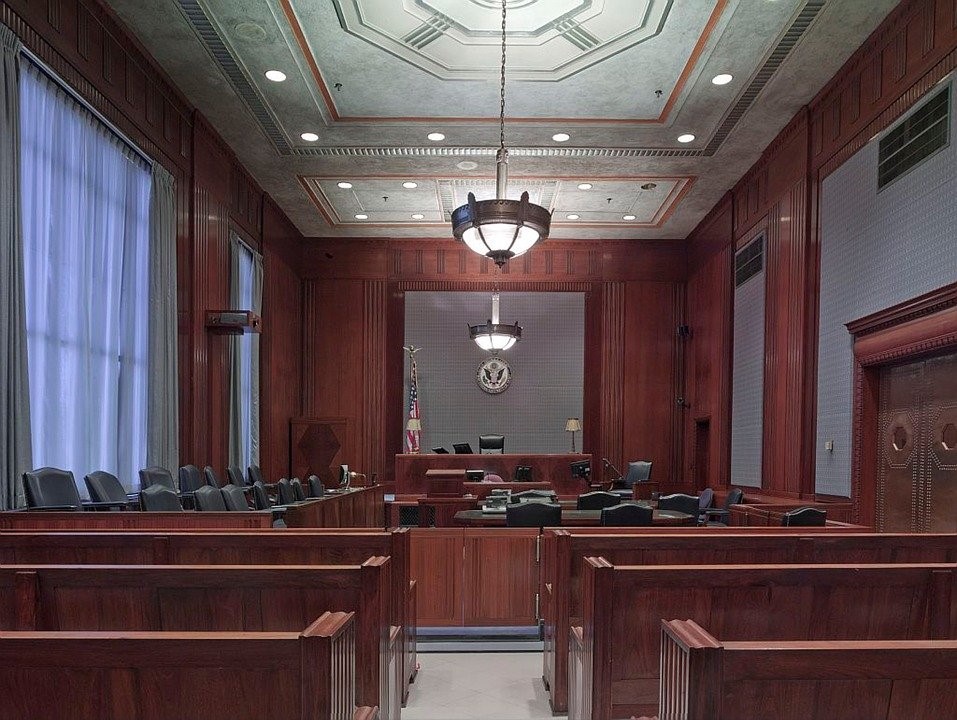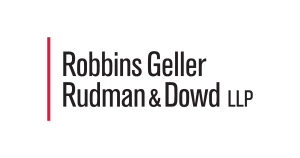A significant number of personal injury claims are settled before a lawsuit is necessary, and even after a lawsuit is filed there is a significant chance that you will not need to go to trial. However, there are instances when a trial is required, whether because you are unable to reach an agreement with the insurance company at any of the number of opportunities that you have had, or if you believe that you will benefit from having your case heard by a judge and jury. There are other reasons why a personal injury case may also need to go to trial, but these are all best left between you and your attorney in order to develop a strategy and keep moving towards your goal.
Hiring a personal injury attorney in one of the best things that you can do from the start of a personal injury case, well before a lawsuit is filed, and preferably before you even initiate your claim with the insurance company. The more time that you have an attorney representing you, the more opportunities they will have to reach a settlement agreement and help you to avoid a trial. There are, however, many times when you and your attorney will realise that you must go to trial. Learn more about your own specific chances of a settlement versus a trial by contacting an attorney as soon as possible.
What to Expect in a Personal Injury Trial
Many people who are not familiar with legal proceedings may confuse a lawsuit with a trial, which are, in fact, two very different things. A lawsuit is an act of officially registering a complaint with the courts, but there are many steps between filing a lawsuit and actually having your case heard in trial. In fact, some estimates claim that only 2% of lawsuits actually result in a trial, with the other 98% being settled before.
A lawsuit is an act of officially registering a complaint with the courts, but there are many steps between filing a lawsuit and actually having your case heard in trial.
Discovery Phase
Before trial, you will have gone through a discovery phase where each side of the case interviews relevant stakeholders in the situation, including medical professionals, eyewitnesses, victims, and anyone else who has a central involvement in the accident, the resulting injuries, and the ongoing disagreement on compensation between the plaintiff and defendant. Typically if a case must go to this phase, it is possible for new information to arise that will further encourage one side to settle, therefore avoiding trial.
Jury Selection
Before a trial can commence, there must be a jury selected to hear your case and make a determination. Your attorney will be able to select and deny certain jury members based on possible biases so that you can avoid having a jury that is going to be skewed in one direction or another. The defense will also be able to select or deny possible jurors for the same reason.
Presenting Your Case
A trial is when you present your case to a judge and/or jury, including all of the evidence, history of negotiations, information gathered during depositions and interviews, expert testimony, and more. Depending on the complexity of your case, presenting this evidence and information may take 30 minutes, or it could take days or weeks. You will be able to set your expectations with your attorney before showing up for your first trial date.
[ymal]
Ruling
After both sides have gone through all of their evidence and made their final arguments, the jury will make a determination and the judge will then provide guidelines based on the decision. You may be able to appeal the ruling if you disagree, but this will in many ways restart your case, meaning that you will need to go through much of this process all over again. You and your attorney will know how to proceed either way.





















